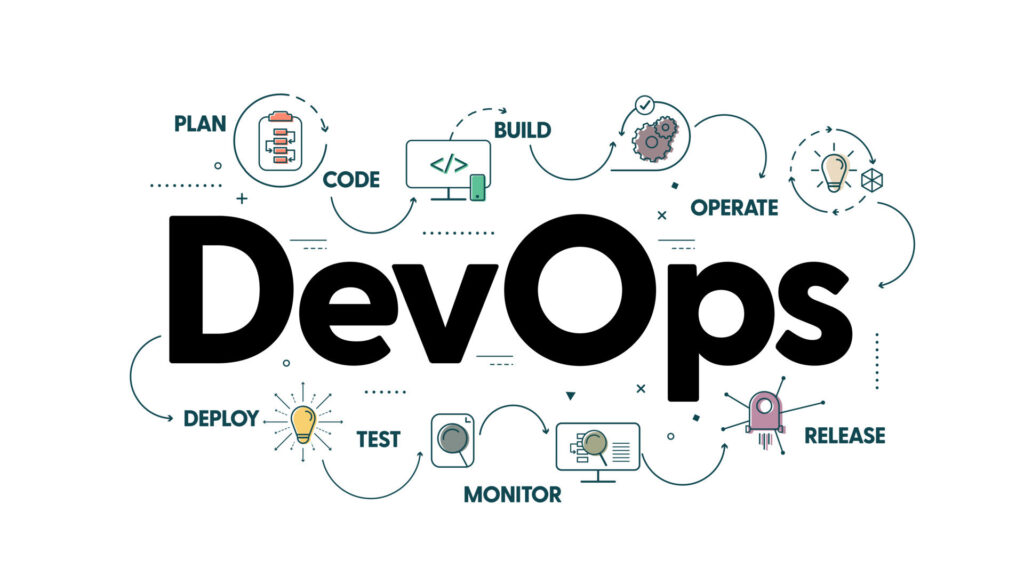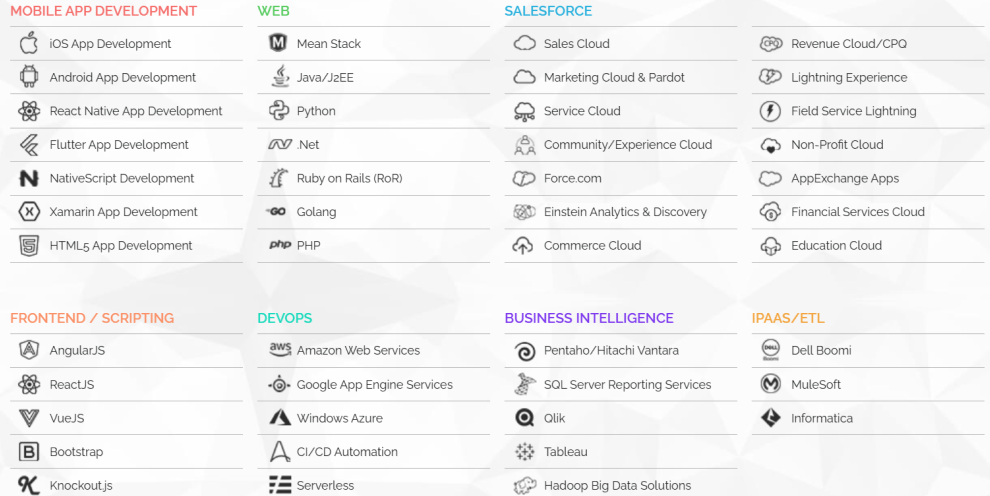DevOps Outsourcing: Streamlining Your Website Services
In today’s fast-paced digital landscape, maintaining a reliable and efficient website is crucial for businesses to thrive. DevOps, a collaborative approach that combines development and operations, has emerged as a game-changer in achieving continuous integration, delivery, and deployment. However, implementing and managing a robust DevOps framework requires specialized skills and expertise. This is where DevOps outsourcing comes into play, offering businesses a strategic solution to enhance their website services while focusing on their core competencies.
Maximizing Efficiency and Agility: Outsourcing DevOps services allows businesses to tap into the expertise of skilled professionals who possess in-depth knowledge of industry best practices, tools, and technologies. By leveraging their experience, outsourcing providers can streamline the development and operational processes of your website, ensuring optimal efficiency and agility. This enables you to deliver updates, new features, and bug fixes rapidly, reducing time-to-market and keeping you ahead of the competition.
Cost Optimization: Setting up an in-house DevOps team can be a costly endeavor. It requires significant investments in infrastructure, hiring, training, and ongoing maintenance. By outsourcing DevOps, you can eliminate these expenses and adopt a scalable model where you pay for the services you need. Outsourcing providers often have established infrastructures, tools, and resources that can be shared among multiple clients, resulting in cost optimization without compromising on quality.
Access to Cutting-Edge Tools and Technologies: The DevOps landscape is ever-evolving, with new tools and technologies emerging regularly. Keeping up with these advancements can be challenging for businesses focusing on their core operations. DevOps outsourcing providers stay up to date with the latest trends and tools, enabling them to employ the most suitable ones for your website. By leveraging their expertise, you gain access to cutting-edge technologies that enhance your website’s performance, security, and scalability.
Focus on Core Business Functions: Outsourcing DevOps allows your organization to focus on its core business functions without being overwhelmed by the complexities of managing infrastructure, continuous integration, and deployment pipelines. By entrusting these responsibilities to experts, you can channel your internal resources and energy towards strategic initiatives, innovation, and delivering exceptional customer experiences.
Enhanced Security and Risk Mitigation: Cybersecurity threats are a significant concern for businesses today. DevOps outsourcing providers employ robust security measures and best practices to safeguard your website and data. They have the expertise to identify vulnerabilities, implement security protocols, and respond promptly to emerging threats. By partnering with an experienced outsourcing provider, you can mitigate risks and ensure the continuity of your website services.
DevOps outsourcing empowers businesses to optimize their website services by leveraging specialized expertise, cost-effective solutions, cutting-edge tools, and a focus on core business functions. It enables you to enhance efficiency, agility, security, and innovation while staying ahead in the competitive digital landscape. By partnering with XBlock Outsourcing for DevOps, you can unlock the full potential of your website and achieve your business objectives with confidence.

What Leading DevOps Development Companies Are Following?
DevOps utilizes best practices that help organizations produce better products for effective collaboration between development and operation teams.
Active Participation – With everyone working together in a team, you get best results with active participation from: IT professionals, developers, consultants, and operation staff.
Automated Testing – DevOps software and app developers focus on quality code development with Automated Regression Testing. This enables early testing to fix errors in the code with the right process. The result, AR Testing has become common practice here. Whereas, in manual testing, automated testing promotes a smoother Software Development Life cycle.
Continuous Integration – In this software development practice, developers validate a project daily by updating the code changes and performing automated regression testing. This process assists in integrating faster code deployment and improving inter-team collaborations. Thus, developers build high-quality software products and applications by detecting immediate code defects and feedback.
Automated Dashboard – As centralized reporting platforms, the automated dashboards showcase the operational analytics, including the test run cases, durations, number of successes, and testing failures. This allows developers to check configuration changes in the databases, allowing to view real-time data insights, helping them choose the right automation tools.
Integrated Configuration Management – ICM is an integral part of business operations. This consists of system-wide configuration management, automation, monitoring, and maintenance proving a bigger picture to the development teams and makes them enterprise-aware. ICM allows teams to use the existing software development services for new releases.
Integrated Change Management – The Integrated Change Management process ensures successful infrastructure implementations by
updating and redefining back-end configurations by supporting organizations in meeting the conditions of today’s fast-changing situations. Developers can also change the configurations with Change Management during deployment to allow change operation teams to cooperate with the development team to understand production impact.
Few DevOps Technologies Employed by Our Partners

